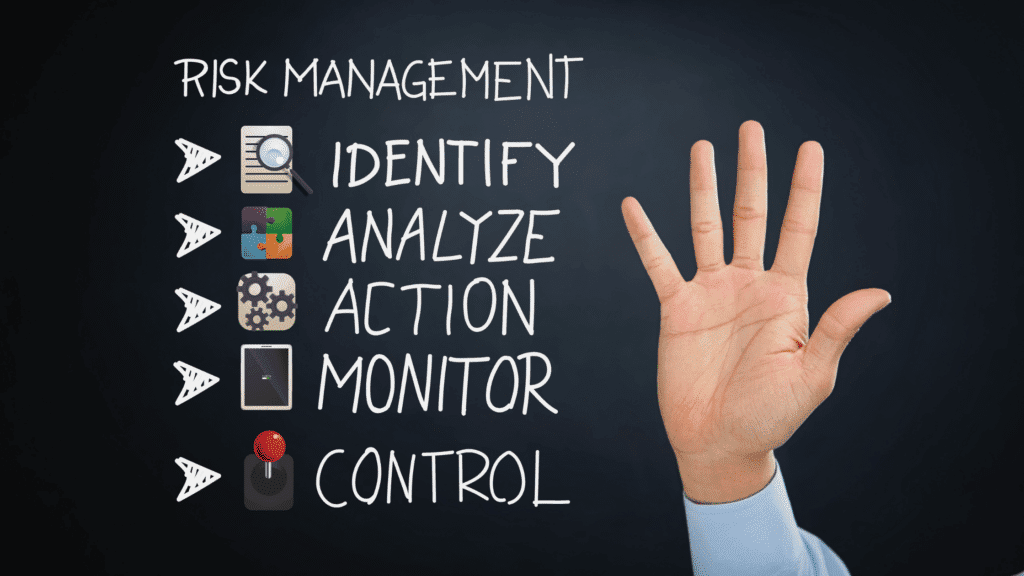As we progress through 2024, the staffing industry faces an increasingly complex compliance and risk management landscape. This complexity is fueled by evolving legal requirements, the rapid pace of technological change, and shifting global economic conditions. For staffing professionals, the stakes have never been higher. Navigating this intricate terrain requires a nuanced understanding of legal frameworks, a proactive approach to risk management, and an agile response to emerging challenges.
Compliance is not just about adhering to rules; it’s about strategically managing risks to ensure business resilience and competitive advantage. This article delves into the heart of these challenges, exploring innovative strategies and best practices for mastering compliance in staffing. It offers insights into how technology can be harnessed to maintain compliance while efficiently mitigating risks, ensuring that staffing firms survive and thrive in this demanding environment.
Navigating the Compliance Landscape
The world of staffing compliance is vast and varied, encompassing everything from employment laws and workplace safety to data protection and tax regulations. In recent years, we’ve seen a significant increase in employment-related litigation, including discrimination, harassment, and wrongful termination claims. These legal issues can substantially harm a company’s reputation and financial health. To combat these challenges, staffing firms must remain vigilant, ensuring their policies and practices are current with the latest legal developments.
Technological advancements, particularly in artificial intelligence (AI), present both opportunities and challenges for compliance. AI can streamline operations and offer predictive insights, but it also raises concerns about privacy, data security, and ethical use. Staffing firms must navigate these complexities, balancing the benefits of technology with the need for robust compliance frameworks.
Strategies for Effective Compliance Management
Effective compliance management in staffing revolves around a few key principles: understanding the regulatory environment, implementing regular audits, and leveraging technology. A strong compliance policy, supported by regular training and development programs, helps create a culture of compliance and ethical behavior within the organization. This proactive approach not only minimizes the risk of legal issues but also enhances the firm’s reputation and trust with clients and candidates.
Investing in HR technology and automation can significantly aid compliance efforts. Tools such as compliance management systems help streamline processes, ensuring accuracy and efficiency in adhering to complex legal requirements. These technologies can automate tasks like documentation, record-keeping, and reporting, freeing up time for strategic activities and reducing the likelihood of human error.
Adapting to Changing Regulations and Ensuring Worker Safety
Adapting to changing regulations is a continuous process. It requires staying informed about legal updates, regularly reviewing policies and procedures, and being ready to adjust strategies as needed. This agility is particularly important in immigration and visa compliance, where regulations can change rapidly.
Protecting the rights and safety of temporary workers is another critical aspect of compliance. Staffing companies must ensure they align with Occupational Safety and Health Administration (OSHA) regulations and engage in practices prioritizing worker well-being. By doing so, they comply with legal requirements and foster a safer and more productive work environment.
Mastering compliance in the staffing industry is an ongoing and multifaceted challenge. It demands legal knowledge, strategic planning, and technological innovation. Businesses can build a stable, productive, and legally sound workforce by proactively addressing staffing risk, staying compliant with regulations, and optimizing staffing costs. This approach supports growth and resilience and positions staffing firms as responsible and trustworthy partners in a dynamic business environment. The strategies and insights discussed here are essential for any staffing professional looking to navigate the complexities of compliance and risk management in 2024 and beyond.



